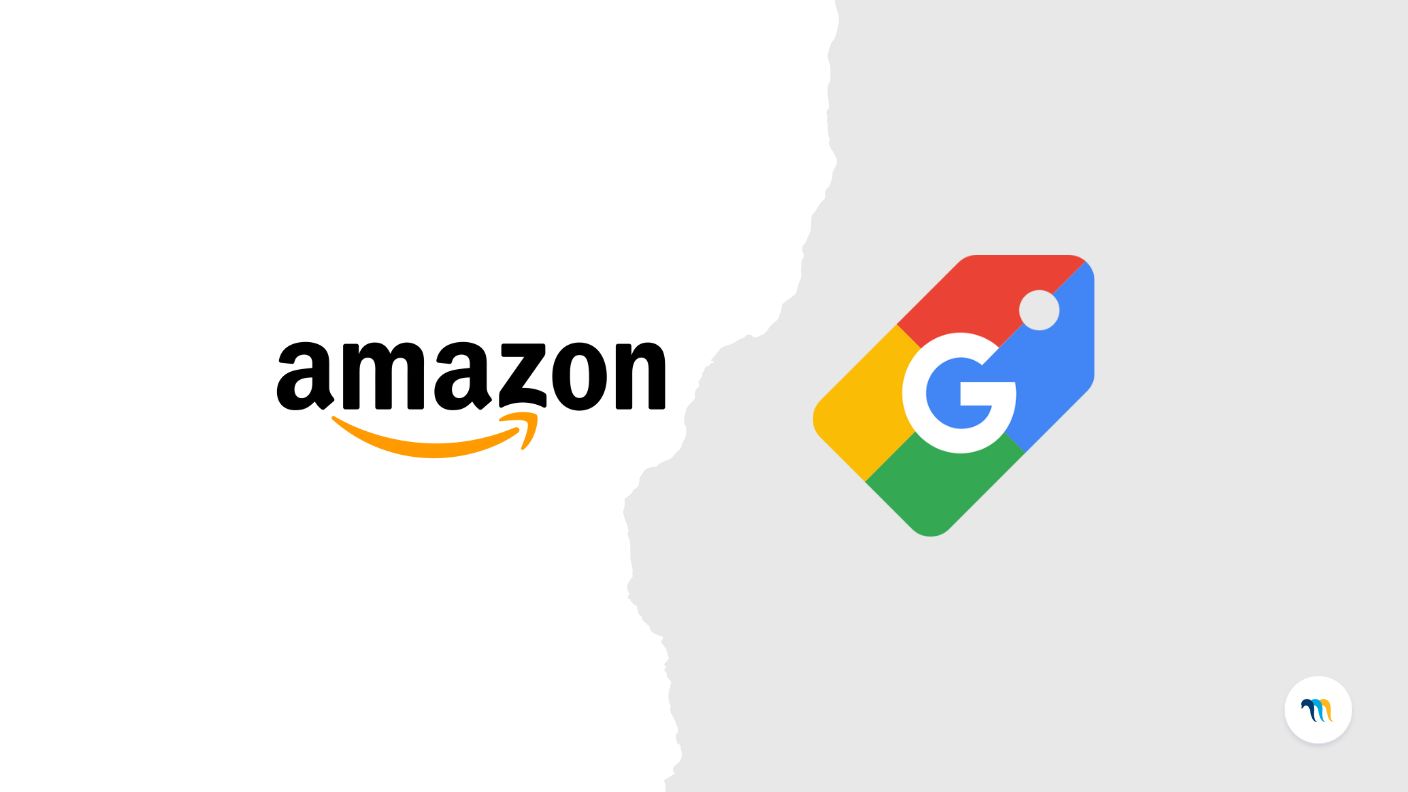

If you want to improve your brand’s services and strengthen its market positioning, it is crucial to understand and identify the main sales strategies: Omnichannel and Multichannel. Below, we will analyze their differences, providing a clear overview of how each can influence a business’s consumer experience and operational effectiveness. We explain how competitor price monitoring can be vital to optimizing these strategies and maintaining a competitive advantage.
Definition of Omnichannel and Multichannel selling
Exploring Omnichannel and Multichannel sales strategies allows us to understand how modern companies approach marketing across multiple platforms, each with unique peculiarities and benefits. We will drill down into each term to clarify its definition and practical applications.
What is Multichannel selling?
Multichannel selling is a strategy companies use to interact with their customers through multiple independent and non-integrated sales channels. These channels may include physical stores, online stores, mobile apps, social media platforms, etc.
Each channel operates as a separate entity with its own strategy and objectives, which offer customers multiple touch points with the brand, but without necessarily delivering a unified experience. For example, a company may have promotions that are only available in its online store and not in stores, or vice versa.
What is Omnichannel selling?
On the other hand, an Omnichannel sales strategy aims to set one omnichannel price and ensure that all contact channels offer a unified customer experience. This ensures that the customer receives the same service and quality of experience regardless of the sales channel they choose to interact with the company.
For example, a customer could start their purchase on a mobile app and complete it in a physical store — or receive support through an online chat that continues via phone call — without losing continuity.

Differences between Omnichannel and Multichannel selling
Although both use multiple channels for customer contact, there are significant differences in terms of channel integration, customer experience, and data management.
Integration vs Independence
The main difference between Omnichannel and Multichannel selling lies in channel integration. Omnichannel selling is fully integrated, and all channels are connected and synchronized to deliver a unified customer experience. This means that a customer can switch from one channel to another seamlessly, with all their previous data and actions being recognized and used to improve continuous interaction.
In contrast, Multichannel selling handles each channel independently. There isn’t necessarily any communication or synchronization between channels. Each channel functions as a different point of sale, with varying policies and promotions that may not always complement each other.
Customer experience in Omnichannel and Multichannel selling
Consistency and continuity are critical in Omnichannel selling, regardless of how and where the customer interacts with the brand, including maintaining a consistent pricing strategy. This has proven to help improve customer satisfaction and increase the likelihood of loyalty and repeat purchases. However, multichannel selling can offer different experiences, which consumers may perceive as flexible, or as confusing or frustrating when they expect uniformity.
Data management and analysis
Differences are also noticeable in data management methods. Omnichannel selling allows integrated data collection and analysis, delivering a comprehensive view of customer behaviour and preferences across all channels. In contrast, in multichannel selling, data collected on one channel may not be available or able to be used on others. This can mean that significant marketing and sales opportunities are missed.
We recommend using Minderest’s competitor price monitoring software to optimize both these strategies. By understanding and reacting to your competitors’ price dynamics, you will launch more effective promotions and improve consumers’ perception of value.
Find out how Minderest can take your business to the next level.
Contact our pricing experts to see the platform in action.
Related Articles

Amazon Is Out of Google Shopping
The e-commerce playbook has just been rewritten. In an unprecedented move effective this July 2025, Amazon has completely pulled its ads from Google Shopping worldwide, a development first spotted by...
Amazon price monitoring to ensure MAP compliance
Mastering pricing on Amazon is more crucial than ever to protect profitability and brand image. With millions of searches launched within this marketplace, manufacturers and brands face the strategic...